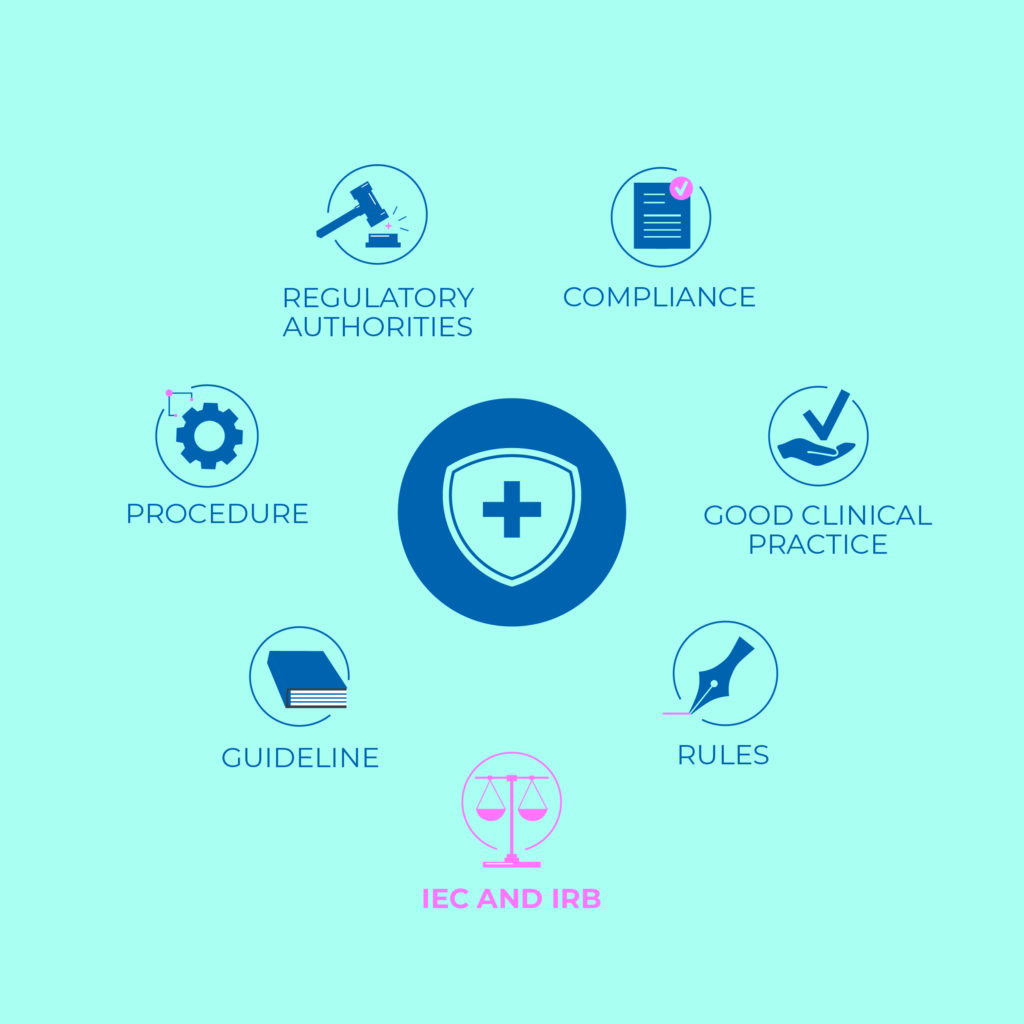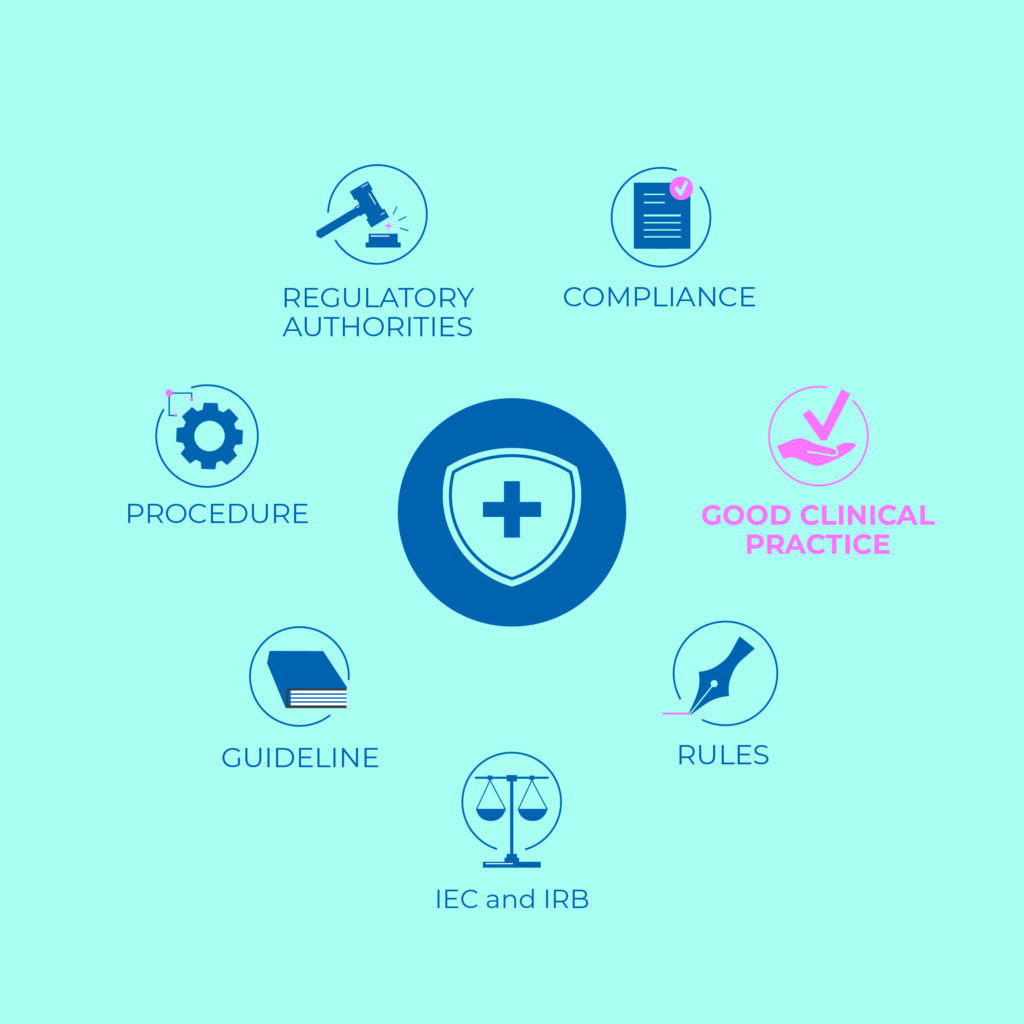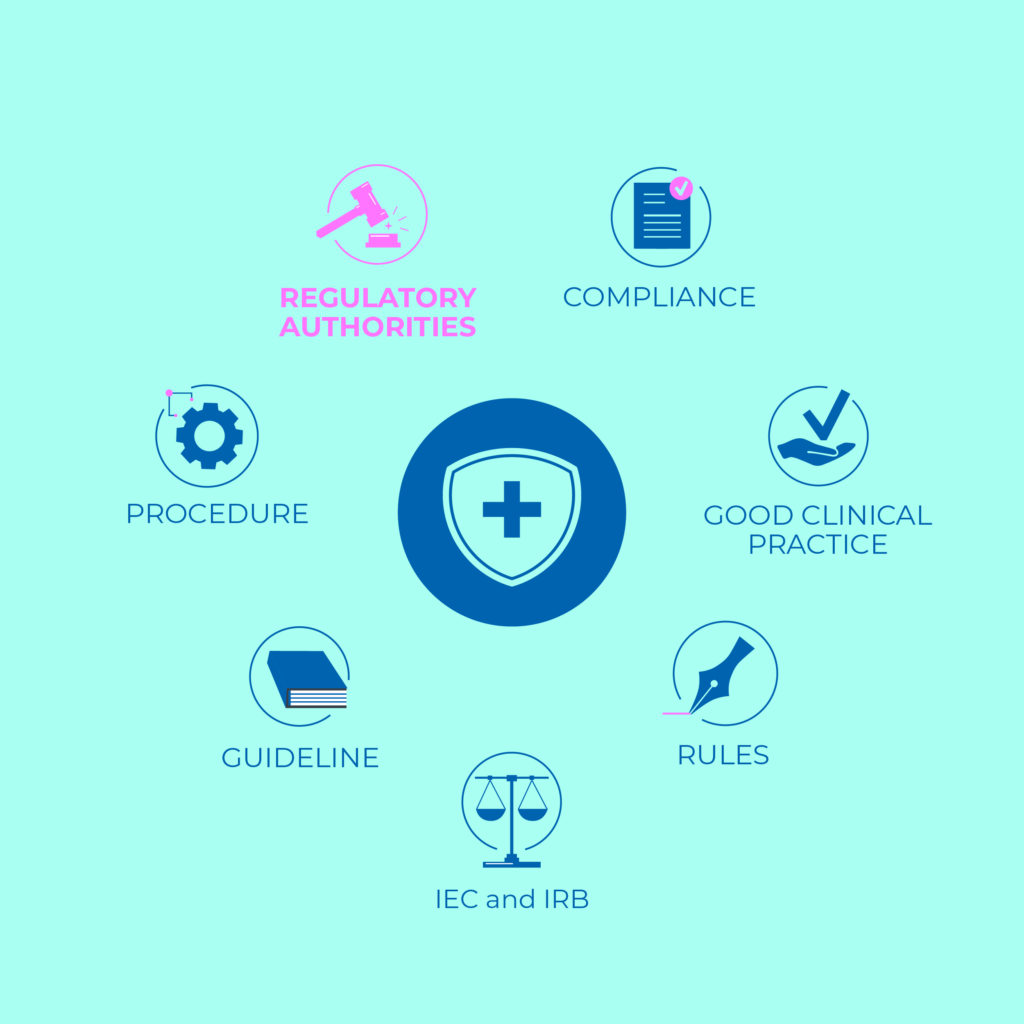This website uses its own and third-party cookies to improve accessibility to the website, as well as to personalize and analyse user navigation. Through cookies, we can store some personal data, such as your IP address, to identify you as a user each time you access the website. Our Privacy Policy will also apply to these personal data. If you click ¨Accept¨ you give us your consent for the installation of cookies. You can also reject the installation of cookies by clicking on ¨Reject cookies¨ but we warn you that certain functionalities or services of the website may be affected.
For more information on this, you can consult the Cookies Policy.
El almacenamiento o acceso técnico es estrictamente necesario para el propósito legítimo de permitir el uso de un servicio específico explícitamente solicitado por el abonado o usuario, o con el único propósito de llevar a cabo la transmisión de una comunicación a través de una red de comunicaciones electrónicas.
El almacenamiento o acceso técnico es necesario para la finalidad legítima de almacenar preferencias no solicitadas por el abonado o usuario.
El almacenamiento o acceso técnico que es utilizado exclusivamente con fines estadísticos.
El almacenamiento o acceso técnico que se utiliza exclusivamente con fines estadísticos anónimos. Sin un requerimiento, el cumplimiento voluntario por parte de tu Proveedor de servicios de Internet, o los registros adicionales de un tercero, la información almacenada o recuperada sólo para este propósito no se puede utilizar para identificarte.
El almacenamiento o acceso técnico es necesario para crear perfiles de usuario para enviar publicidad, o para rastrear al usuario en una web o en varias web con fines de marketing similares.


